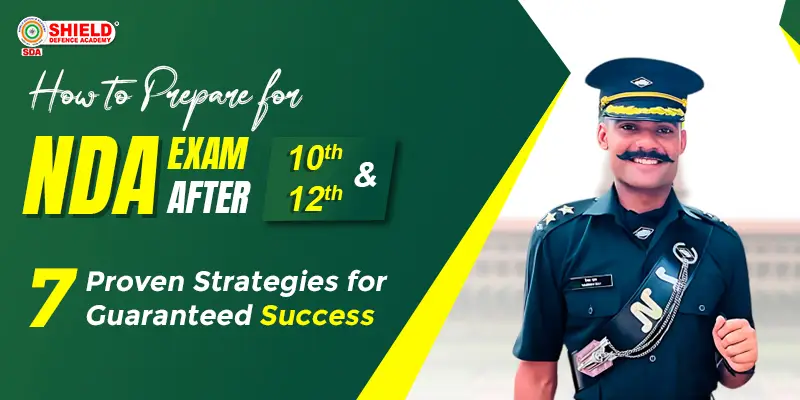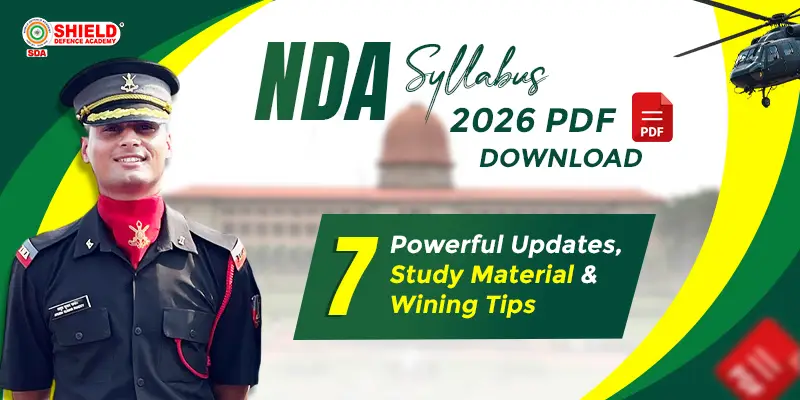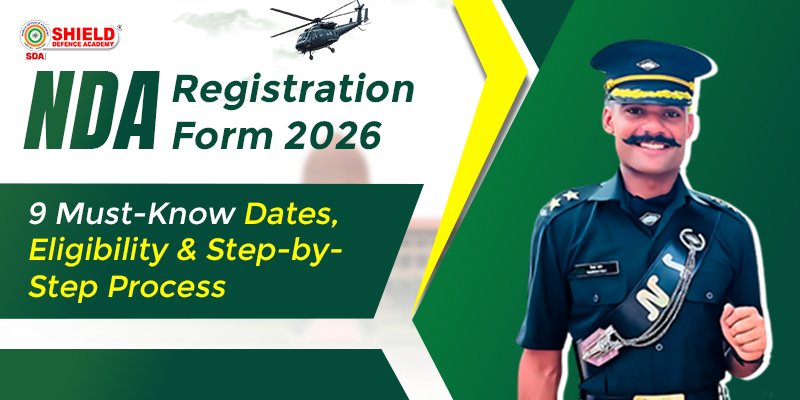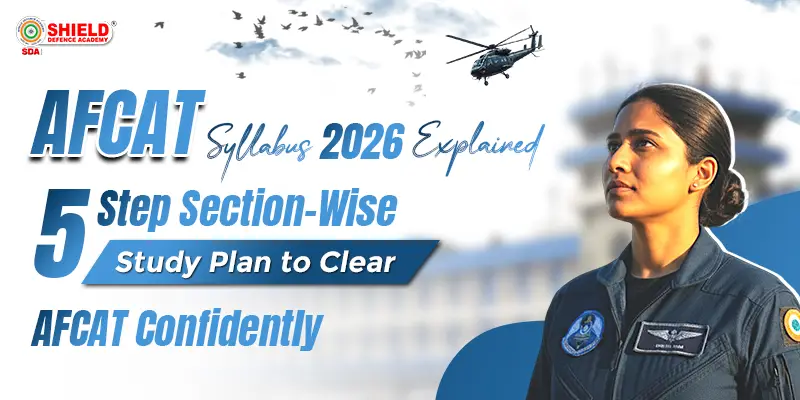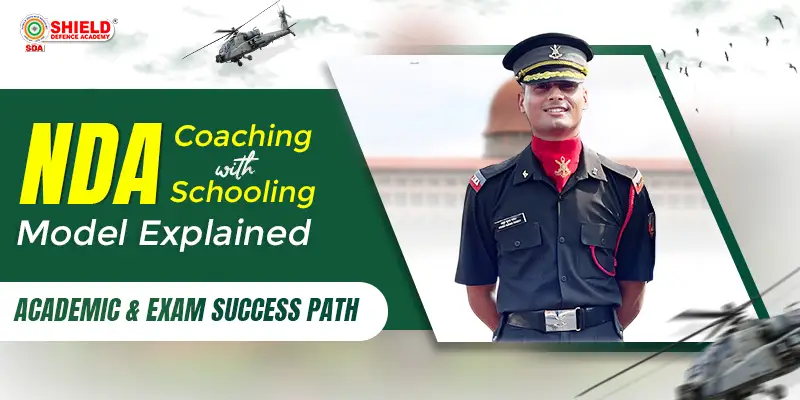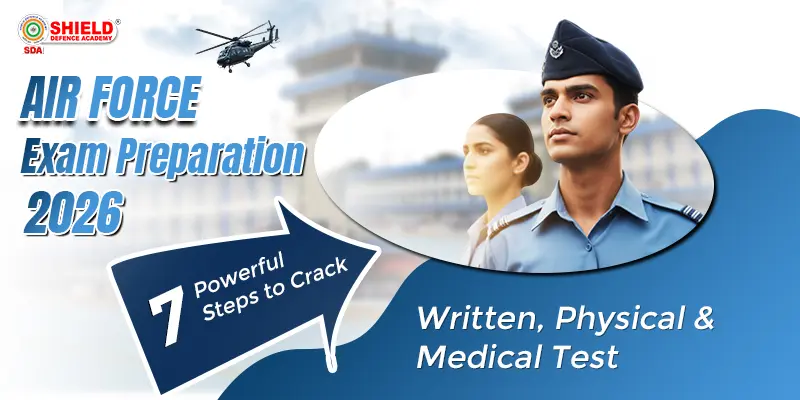Group Discussion in SSB
The Group Discussion (GD) at a Services Selection Board (SSB) interview is a critical component of the selection process for individuals seeking to join the Indian Armed Forces. Here’s a detailed breakdown of what to anticipate and how to succeed in this segment
Objective of Group Discussion
- Communication Skills Assessment: This examines your ability to explain your views and opinions.
- Teamwork and Leadership: This exam assesses your capacity to collaborate with others and perhaps lead a group discussion.
- Critical Thinking: It evaluates your analytical skills and attitude to problem resolution.
Format of the GD
Topic selection: Topics might include current events, societal concerns, or abstract concepts. Sometimes applicants are assigned a specific case study or scenario to discuss
Duration: The Group Discussion last between 15- 20 minutes.
Group Size: Group size is usually between 8 and 12 applicants.
Tips for a Successful GD
- Stay Informed: Keep up to speed on current events, societal concerns, and general information. Reading newspapers and articles can be beneficial.
- Active Listening: Pay close attention to what others say. This demonstrates respect and allows you to elaborate on their arguments.
- Organise Your Thoughts: When speaking, aim to be precise and succinct. Begin with a quick introduction to your idea, then provide supporting reasons, then close successfully.
- Speak boldly, but avoid becoming aggressive. Maintain your cool demeanour.
- Encourage Participation: If you see someone hasn’t participated, urge them to express their thoughts. This displays leadership and teamwork.
- Stay Relevant: Keep your points related to the issue. Avoid tangents.
- Body Language: Keep a positive body language. Make eye contact with your audience and utilize suitable hand movements to emphasize points.
Latest Group Discussion Topics for SSB Interview 2025
Group conversations are an essential aspect of the SSB (Services Selection Board) interview process, and they frequently cover a wide range of significant issues. Here are some major subjects that may be used in group discussions:
1. Current Affairs: Talking about recent news events, government policy, or international relations can demonstrate your knowledge of the globe. Climate change, economic reform, and geopolitical concerns are frequently discussed.
2. Social Issues: Poverty, education, gender equality, and health care are all topics that can spark interesting conversations. You can investigate the effects of these challenges on society and potential remedies.
3. Defence and Security: Given the nature of the SSB, discussions about national security, defence policy, and military tactics are widespread. Discussions can include. Defence modernisation, cyber security, and terrorism are a few examples of themes that can be discussed.
4. Technology and Innovation: Discussions about the effects of technology on society, including social media, digital privacy, and artificial intelligence, can be interesting.
5. Economic Issues: Subjects including globalisation, inflation, unemployment, and economic growth can offer a forum for debating different points of view.
6. Environmental Issues: Sustainable development, pollution, and climate change are becoming more and more significant issues. The obligations of people, businesses, and governments can be the topic of conversation.
7. Cultural and Ethical Issues: Subjects like moral quandaries, cultural diversity, and ethical decision-making can spark meaningful conversations.
It’s crucial to prepare for these conversations by learning about the subjects, forming an opinion, and being open to hearing what others have to say. The secret to doing well in group talks is to interact with your peers in a courteous and productive manner.
Extra Success Advice: –
Physical Fitness: Having good physical health will improve your performance on GTO assignments. Maintaining a nutritious diet and engaging in regular exercise will increase your confidence and stamina.
Mock Interviews: To become accustomed to the interview style and gain helpful criticism, think about doing practice interviews with mentors or friends.
Self-Reflection: Consider your past experiences, as well as your advantages and disadvantages. Being aware of who you are will enable you to respond to interview questions more truthfully.
Positive Attitude: Keep a cheerful disposition during the procedure. Candidates who can manage tension and maintain composure under duress are sought after by the SSB.
Group Discussion: Participate in group discussions on current events and other subjects to improve your ability to express yourself properly and communicate.
Self-Reflection: Consider your past experiences, as well as your advantages and disadvantages. Being aware of who you are will enable you to respond to interview questions more truthfully.
Positive Attitude: Maintain a positive outlook throughout the process. The SSB looks for candidates who can handle stress and remain composed under pressure.

